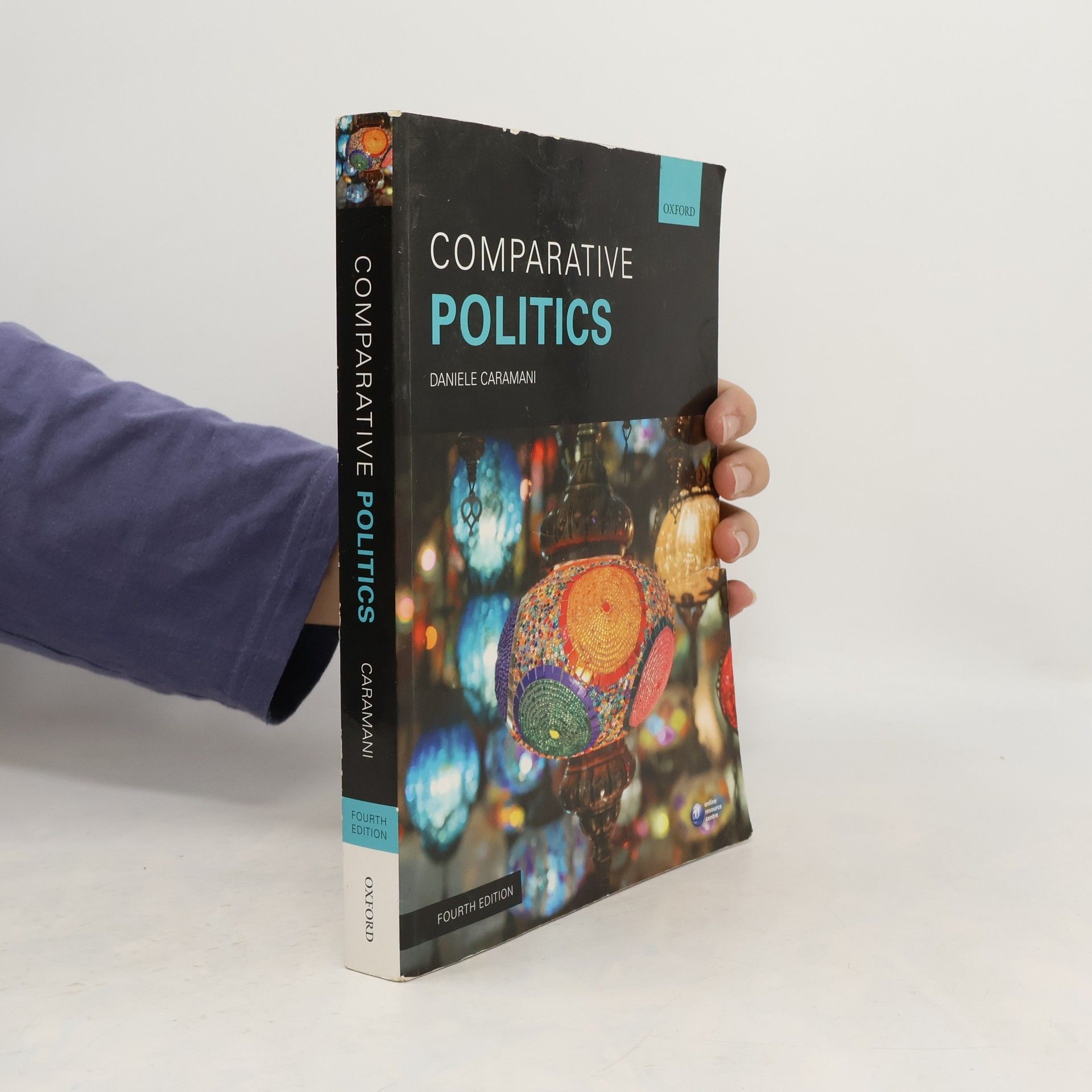The Nationalization of Politics
The Formation of National Electorates and Party Systems in Western Europe
- 368 Seiten
- 13 Lesestunden
Focusing on the evolution of voting behavior, Daniele Caramani examines the shift from regional diversity to national homogeneity in politics from the mid-nineteenth century to today. Utilizing constituency-level data, he illustrates how national and industrial revolutions fostered a uniform political landscape, supplanting preindustrial territorial influences. His analysis, structured around party families, explains the varying degrees of homogeneity observed in different countries today, highlighting the historical context behind these transformations.

